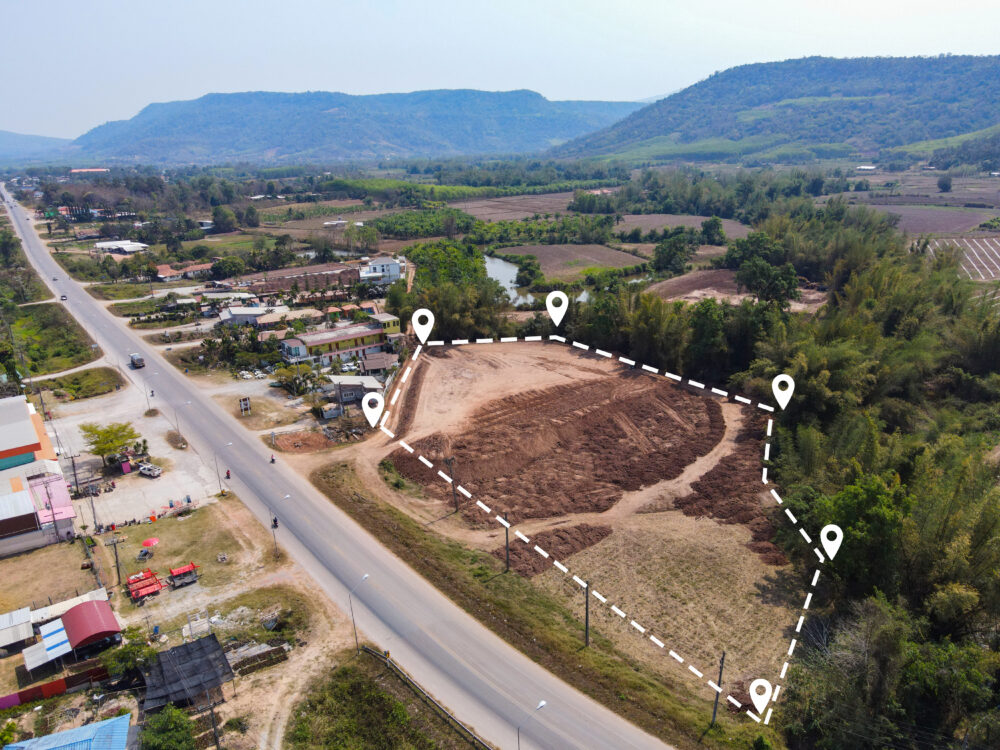When making offshore investments, Vietnamese Investors must comply with both the laws of Viet Nam and the laws of the host country. Among these, the transfer of overseas investment capital constitutes a legally complex transaction, governed by both legal systems, and requires caution and thorough preparation. The following are some important considerations that Vietnamese Investors should be aware of to ensure compliance with Vietnamese law when transferring overseas investment capital:
1. Approval of the Transfer Transaction
The transfer of overseas investment capital must first be approved internally in accordance with the organizational structure of the Vietnamese enterprise conducting the offshore investment:
- Joint-stock company: A resolution of the General Meeting of Shareholders or the Board of Directors, depending on the Charter and the proportion of capital to be transferred.
- Limited liability company with two or more members: A resolution of the Members’ Council approving the transfer.
- Single-member limited liability company: A decision of the Owner or the Members’ Council/Chairperson of the company, depending on the provisions of the company’s Charter.
Such approval is not only an internal procedural requirement but is also necessary for the proper formalization of the application dossier for amending the outbound investment project with the competent state authority. Enterprises must ensure that the procedures, voting ratio, and format of meetings are in compliance with the Law on Enterprise and the company’s charter to ensure the legal validity of such resolutions.
2. Execution of the Capital Transfer Agreement
Vietnamese law does not prescribe specific content or mandatory requirements for a capital transfer agreement related to overseas investment. Therefore, such agreement must comply with the legal requirements of the host country where the transfer is conducted (e.g., Singapore, the United States, Australia, etc.). However, in order for the transaction to be approved and to serve as a basis for completing regulatory procedures in Viet Nam, the agreement should include at least the following:
- Information on the parties to the transaction;
- Clear identification of the subject matter of the transfer, namely the capital contribution/shares, ownership ratios before and after the transfer, and the date of transfer;
- Transfer price and payment method, and particularly, payment must be made through the Vietnamese Investor’s offshore investment capital account;
- A commitment clause regarding compliance with the laws of both Viet Nam and the host country.
3. Termination or amendment of the offshore investment project in Viet Nam
Depending on the transferee and the proportion of capital/shares transferred, the legal treatment of the Offshore Investment Registration Certificate (“OIRC”) in Viet Nam will differ:
- In the case of a full transfer of capital to a Foreign Investor: The Vietnamese Investor’s project shall be terminated pursuant to Point dd Clause 1 Article 64 of the Law on Investment 2020. The Investor must submit a dossier for termination of the project to the Ministry of Finance, accompanied by documents evidencing the capital transfer and the fulfillment of all obligations.
- In the case of a partial transfer to a Foreign Investor, or a partial/full transfer to another Vietnamese Investor: The parties must carry out procedures to amend the OIRC with the Ministry of Finance. Amendments shall include changes or additions to the investor(s), capital contribution ratio, project details, etc.
4. Registration of changes to foreign exchange transactions related to offshore investment
- In the case of a full transfer of capital to a Foreign Investor: Upon completion of the procedures for terminating the offshore investment project, the Confirmation of registration of foreign exchange transactions related to offshore investment issued by the State Bank of Viet Nam shall automatically become invalid. In this case, the Vietnamese Investor may continue to use the offshore investment capital account to repatriate profits, lawful income, and investment capital from abroad to Viet Nam.
- In the case of a partial transfer to a Foreign Investor, or a partial/full transfer to another Vietnamese Investor: Within 30 (thirty) working days from the date the OIRC is amended, the Investor must register the change of foreign exchange transactions with the State Bank of Viet Nam.
In addition, Vietnamese Investors must have a thorough understanding of the legal regulations of the host country to ensure compliance with procedures for transferring shares/contributed capital, methods of payment, etc., while aligning such compliance with the legal requirements of Viet Nam as outlined above.
Related articles:
Disclaimers:
This article is for general information purposes only and is not intended to provide any legal advice for any particular case. The legal provisions referenced in the content are in effect at the time of publication but may have expired at the time you read the content. We therefore advise that you always consult a professional consultant before applying any content.
For issues related to the content or intellectual property rights of the article, please email cs@apolatlegal.vn.
Apolat Legal is a law firm in Vietnam with experience and capacity to provide consulting services related to Business and Investment and contact our team of lawyers in Vietnam via email info@apolatlegal.com.





































